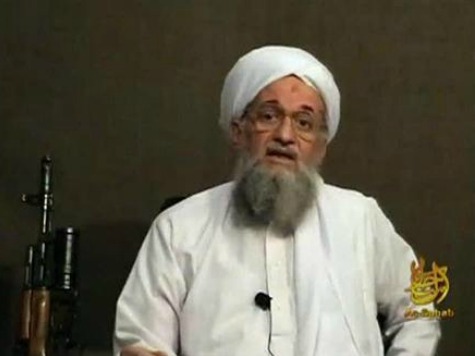Al-Qaeda is increasingly funding terror operations thanks to at least $125 million in ransom paid since 2008, largely by European governments to free western hostages, the New York Times reported.
The payments totalled $66 million in 2013 alone, according to an investigation by the newspaper published Tuesday.
While Al-Qaeda’s network was first funded by wealthy donors, “kidnapping for ransom has become today?s most significant source of terrorist financing,” said David S. Cohen, the Treasury Department?s under secretary for terrorism and financial intelligence, in a 2012 speech.
The organization has openly acknowledged the windfall, the paper reported.
Al-Wuhayshi said ransom money — reaching around $10 million per hostage in recent cases — accounts for up to half his operating budget.
The paper listed more than $90 million paid to Al-Qaeda in the Islamic Maghreb since 2008 — by a Switzerland, Spain, Austria, and state-controlled French company and two payments from undetermined sources.
Somalia’s Shebab insurgents received $5.1 million from Spain, while Al-Qaeda in the Arabian Peninsula received nearly $30 million in two payments, one from Qatar and Oman, the other of undetermined origin.
Austria, France, Germany, Italy and Switzerland each denied ever paying ransoms for hostages. French nuclear company Areva also denied paying ransom.
However, last year a former senior French intelligence official told AFP, speaking on condition of anonymity: “Governments and companies pay in almost every case.”
The Times article cited former hostages, negotiators, diplomats and government officials in 10 countries in Europe, Africa and the Middle East, and said the payments were sometimes hidden as development aid.
The United States and Britain have notably refused to pay to free kidnapped nationals, the paper reported, with the result that just a few have been rescued in military raids or escaped.
However, the United States has been willing to negotiate in some cases, including the recent trade of five senior Taliban prisoners held at Guantanamo in exchange for captured US soldier Bowe Bergdahl.
G8 leaders last year signed a deal to “unequivocally reject the payment of ransoms to terrorists” but did not impose a formal ban.

COMMENTS
Please let us know if you're having issues with commenting.